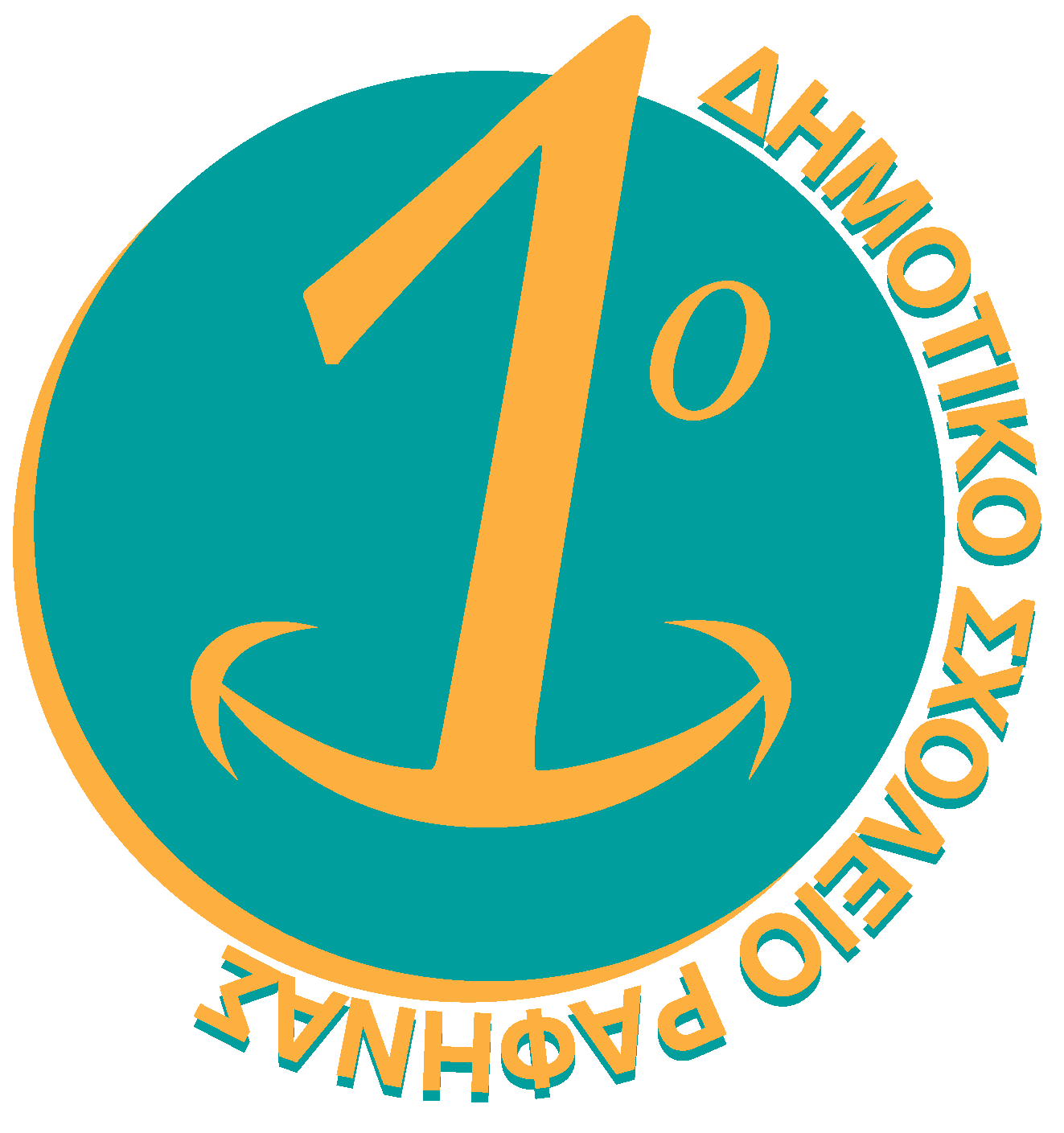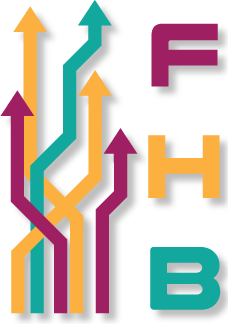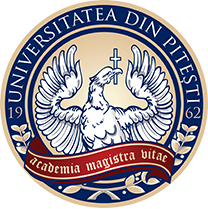According to the UN Environment Programme (UNEP), “by 2050, with a projected increased global population of 9.6 billion, we would need the equivalent of almost 3 planets worth of resources to sustain our way of living, if our current consumption and production patterns remain the same.” Across the globe, young climate activists are raising awareness about climate change, and exerting pressure on governments and businesses around the world to take action to save the planet. This shows the power and influence that young people can have on raising awareness if they are educated about the issues and impassioned to make a difference.
The challenge for educators is to support young people to identify and reform their message, and to find their voice in the fight against climate change. The GRETA project will support primary school teachers to take on this challenge, by providing bespoke up-skilling opportunities to allow them to integrate innovative learning resources into their teaching practice and to develop their own challenge-based learning resources to raise awareness among young pupils about the climate crisis and the impact it will have on them.
The partnership consists of two primary schools (Greece, Italy), four educational centers/organisations (Ireland, Czech Republic, Germany, Cyprus) and one University (Romania). The target groups of the project are primary school teachers, students (8-12 years old) and parents.
The aim of this project is to educate primary school pupils about climate action, and through the completion of a series of WebQuest challenges, to identify areas of their life, their habits, their behaviours that they can change and modify so that they can contribute to the achievement of SDG 13, and other European climate goals, including being climate neutral and omitting zero green-house gasses by 2050.
- To develop 42 WebQuests challenges on six climate change topics and implement them with students aged 8-12 years old.
- To train primary school teachers so that they can create and apply their own challenge-based learning resources.
- To develop digital resources to increase climate literacy for Parents.
O1: Compendium of Climate Change Challenge WebQuests for Pupils.
The first output aims to develop challenge-based learning resources for pupils aged 8-12 years old on six climate change topics.
O2: CPD Training for Primary School Teachers
This output focuses on the design and development of a Continuing Professionals Development training and resources for primary teachers so that they can increase their knowledge of the climate crisis and develop their pedagogic and digital skills to create their own interactive learning resources that can then be applied to a variety of curriculum areas and topics.
O3: Digital Resources to Increase Climate Literacy for Parents
The third output starts off from the need to support parents to fully recognize the impact that their habits and behaviors can have on the rate of climate change. This output will promote the development of learning resources that will teach parents about the link between household consumption and climate change, and will give examples of how they can reduce the carbon footprint of their household.
The project methodology will be based on the following steps:
Development of a WebQuest prototype
- The first step is to contact local primary schools to gauge interest in forming the In-School Committees for Climate Awareness.
- The creation of a prototype resources for the Compendium of Climate Change Challenge WebQuests for Pupils will follow.
- Once the prototype is ready, it will be tested with the In-School Committees.
- After the feedback provided by the In-School Committees, as a final step will be the development of 42 WebQuests in total.
CPD Training Programme for Primary Teachers
- The development of the training programme which will focus on three core modules.
- Implementation of the training programme. In C1 – Joint-staff Short-term training event, two primary school teachers per partner country will be called to participate.
- The trained teachers along with the partners in each partner country will deliver the CPD programme to a further 8 primary school teacher.
Digital Resources to Increase Climate Literacy for Parents
- Development of digital resources for Parents (short instructional videos, tip-sheets and evaluation exercises)
- Test all digital resources with members of the In-School Committee and provide feedback.
- Host informal workshops with 10 parents to pilot the digital resources materials in their community.
Eco-days for Future Workshops
- Primary schools will participate in local campaigns to raise awareness of climate change.

1st Primary School of Rafina (Greece)
The 1st Primary School of Rafina has an over 80 years history and, as its name suggests, is placed in the center of the city of Rafina, Athens. Educational innovation is school’s key characteristic. Over the years it consistently initiates cutting-edge, project - based educational programmes, in the fields of culture, environment, science and Information Communication Technologies. The school has a long experience of developing online educational materials, both for teachers and pupils.

Istituto Comprensivo Don L. Milani (Italy)
The school intends to promote the following educational needs: supporting the desire to learn, to encourage acceptance and inclusion, to combat school drop-out, promoting the achievement of key skills. Laboratory teaching and the relational affective dimension are privileged for the development of the project activities, which allow the students to grow harmoniously. Another key element is citizenship education and the importance given to school continuity. In order to concretely implement the principles and educational aims set out, the school is implementing the following projects: AGENDA 2030, Emozionabile, citizen of the world, Reading, Europe code week, Baby English, Art and expression, Yoga, Interculture, Sport, health and movement etc.

Spectrum Research Centre CLG (Ireland)
Spectrum Research Centre (SRC) was established in 2017 to support young academics to bring their research into action. SRC aimed to support academics throughout their research activities; however, as the company has grown, the aim is now also to provide academics with opportunities to give their research a European perspective. The research focus of the organisation is the field of innovation in education in response to needs identified in rural communities in Ireland. SRC draws on a wide range of expertise like pedagogy and didactics, instructional design, social policy, e-learning, gamification, entrepreneurship etc.

AKLUB CENTRUM VZDELAVANI A PORADENSTVI
AKLUB Centre of education and counseling - is educational and non for profit organization. The organization is respected and highly appreciated in the Czech Republic for educational services and for developing educational and integration programs and products. The team consist of professionals in education, counselors, coaches, teachers, trainers, psychologists, project managers and administrative staff. Services are providing to professionals and experts, young people and disadvantaged people and their families.

Hauptstadftallee 239 V V UG (Skills Elevation FHB) (Germany)
While FHB is a new company, the people involved, on a full-time and part-time basis, can collectively call on almost 70 years of European experience mostly gained through previous employments, internships funded by the EVS programme and Erasmus exchanges. Staff have participated in many EU funded projects under FP7, Horizon2020, Interreg, EQUAL, RECITE, Leonardo Da Vinci, Erasmus, AMIF and Erasmus+.

CARDET (Cyprus)
CARDET is one of the leading research and development centers in the Mediterranean region with global expertise in project design and implementation, capacity building, and e-learning. Is independently affiliated with universities and institutions from around the world, such as the Yale University, the University of Nicosia and the International Council of Educational Media. CARDET has completed numerous projects relating to the development of capacity building and planning in education and VET, youth support, adult learning, literacies, digital tools, eLearning, educational technology, and social integration of marginalized groups.

UNIVERSITATEA DIN PITESTI (Romania)
University of Piteşti (UPIT) is a state university and its objectives are to provide high quality educational, training and research services in order to train specialists in different fields and to create an intellectual community accredited by national and international quality agencies. The areas in which UPIT is active and delivers services are: education & training; scientific & applicative research; educational software design and testing; guidance & counselling; professional orientation; international cooperation in different fields; publishing activities.
Overview
According to the UN Environment Programme (UNEP), “by 2050, with a projected increased global population of 9.6 billion, we would need the equivalent of almost 3 planets worth of resources to sustain our way of living, if our current consumption and production patterns remain the same.” Across the globe, young climate activists are raising awareness about climate change, and exerting pressure on governments and businesses around the world to take action to save the planet. This shows the power and influence that young people can have on raising awareness if they are educated about the issues and impassioned to make a difference.
The challenge for educators is to support young people to identify and reform their message, and to find their voice in the fight against climate change. The GRETA project will support primary school teachers to take on this challenge, by providing bespoke up-skilling opportunities to allow them to integrate innovative learning resources into their teaching practice and to develop their own challenge-based learning resources to raise awareness among young pupils about the climate crisis and the impact it will have on them.
The partnership consists of two primary schools (Greece, Italy), four educational centers/organisations (Ireland, Czech Republic, Germany, Cyprus) and one University (Romania). The target groups of the project are primary school teachers, students (8-12 years old) and parents.
Aims & Objectives
The aim of this project is to educate primary school pupils about climate action, and through the completion of a series of WebQuest challenges, to identify areas of their life, their habits, their behaviours that they can change and modify so that they can contribute to the achievement of SDG 13, and other European climate goals, including being climate neutral and omitting zero green-house gasses by 2050.
- To develop 42 WebQuests challenges on six climate change topics and implement them with students aged 8-12 years old.
- To train primary school teachers so that they can create and apply their own challenge-based learning resources.
- To develop digital resources to increase climate literacy for Parents.
Outputs
O1: Compendium of Climate Change Challenge WebQuests for Pupils.
The first output aims to develop challenge-based learning resources for pupils aged 8-12 years old on six climate change topics.
O2: CPD Training for Primary School Teachers
This output focuses on the design and development of a Continuing Professionals Development training and resources for primary teachers so that they can increase their knowledge of the climate crisis and develop their pedagogic and digital skills to create their own interactive learning resources that can then be applied to a variety of curriculum areas and topics.
O3: Digital Resources to Increase Climate Literacy for Parents
The third output starts off from the need to support parents to fully recognize the impact that their habits and behaviors can have on the rate of climate change. This output will promote the development of learning resources that will teach parents about the link between household consumption and climate change, and will give examples of how they can reduce the carbon footprint of their household.
Methodology
Development of a WebQuest prototype
- The first step is to contact local primary schools to gauge interest in forming the In-School Committees for Climate Awareness.
- The creation of a prototype resources for the Compendium of Climate Change Challenge WebQuests for Pupils will follow.
- Once the prototype is ready, it will be tested with the In-School Committees.
- After the feedback provided by the In-School Committees, as a final step will be the development of 42 WebQuests in total.
CPD Training Programme for Primary Teachers
- The development of the training programme which will focus on three core modules.
- Implementation of the training programme. In C1 – Joint-staff Short-term training event, two primary school teachers per partner country will be called to participate.
- The trained teachers along with the partners in each partner country will deliver the CPD programme to a further 8 primary school teacher.
Digital Resources to Increase Climate Literacy for Parents
- Development of digital resources for Parents (short instructional videos, tip-sheets and evaluation exercises)
- Test all digital resources with members of the In-School Committee and provide feedback.
- Host informal workshops with 10 parents to pilot the digital resources materials in their community.
Eco-days for Future Workshops
- Primary schools will participate in local campaigns to raise awareness of climate change.










